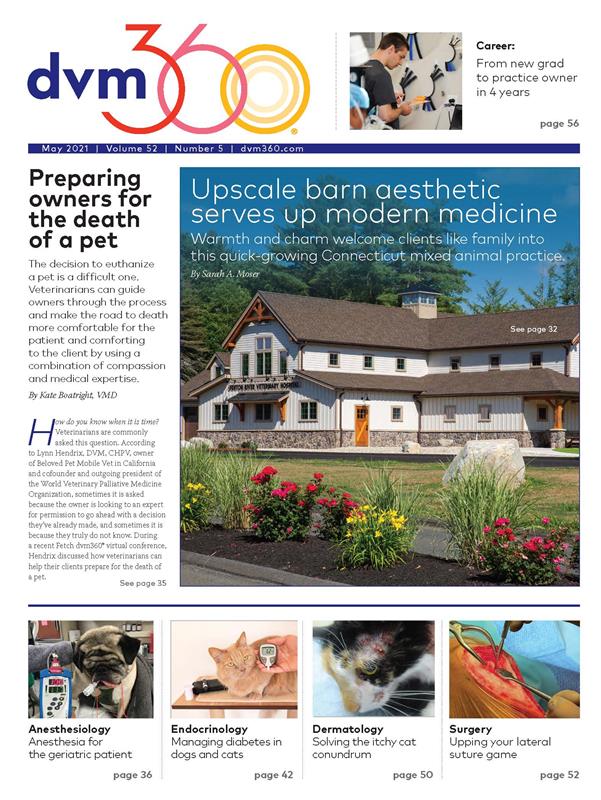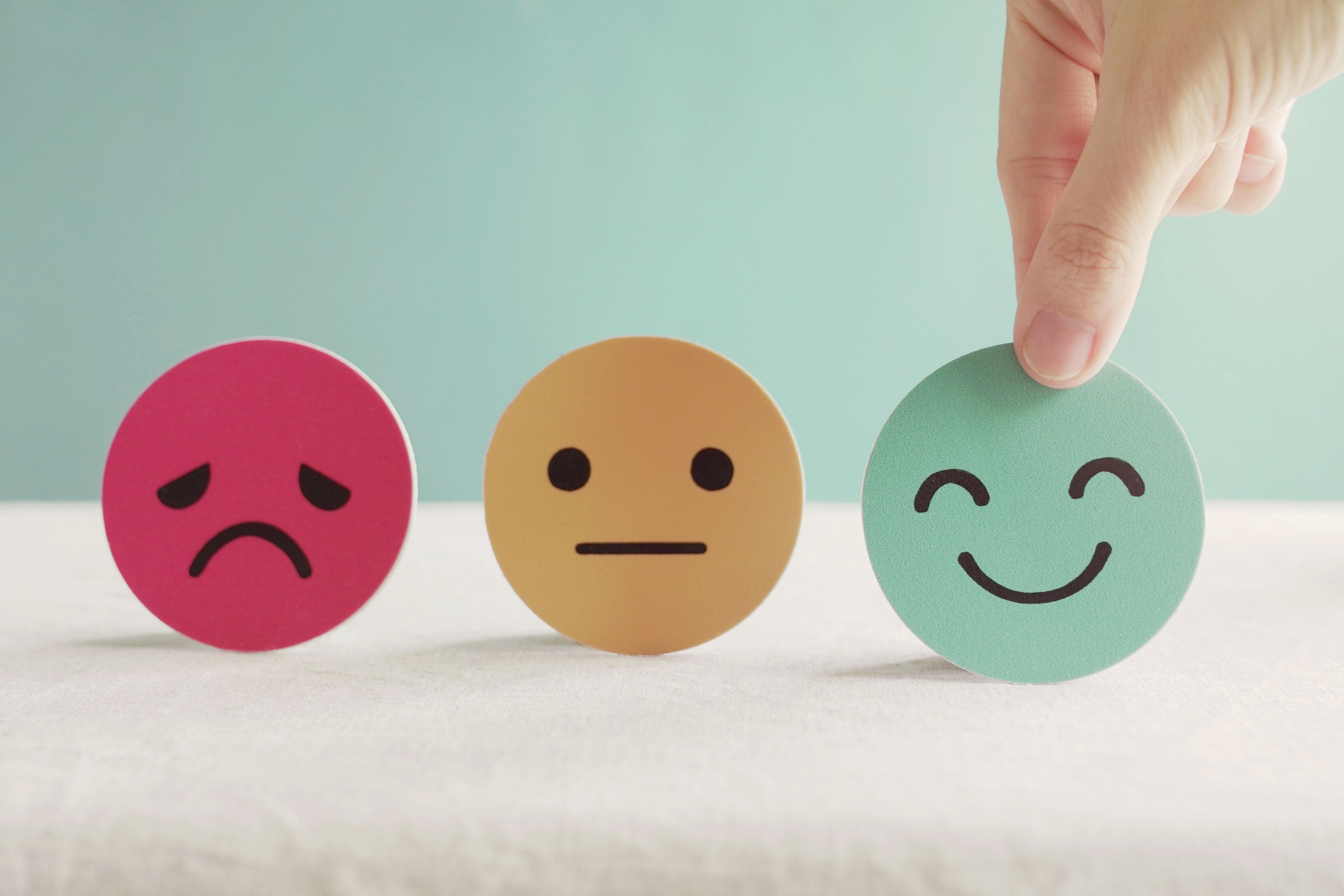May is Mental Health Month: Let the healing begin
It has never been more important to mind our mental health.
May was first recognized as Mental Health Month in 1949 by the National Mental Health Association (now called Mental Health America [MHA]). Every May, MHA focuses its efforts on raising awareness about the importance of mental health through education and advocacy.
COVID-19 and our collective mental health
The COVID-19 pandemic has had disastrous effects on mental health on a global scale, a national scale, and within veterinary medicine. More than 500,000 Americans have succumbed to COVID-19, with many pets being shuffled from home to home following the death of their owner. Additionally, many of us know someone who has died from the virus or has recently lost a colleague to suicide. Our profession is battling serious mental health challenges, making collaboration crucial in providing necessary educational tools and resources for those who are suffering.
Part of coping with life’s many challenges is accepting what we cannot change or control. It’s equally important to know how best to adjust to life changes, manage anger and frustration, recognize when trauma is affecting your mental health, challenge negative thinking patterns and, most importantly, make time for self-care.
Take time for you
I recently saw a post on social media in which a veterinary professional talked about the many hours she worked that day with no breaks, no time to eat, and no time for herself. Unfortunately, the post was received as boastful post rather than self-reflective, and that, my friends, is not OK. I know we can do better to support our colleagues. We need to ensure that all of our team members are taking the necessary breaks during every shift to decompress, reset, and recharge.
We work in an often stressful environment, potentially impacting both our physical and mental health. Listening to your body and giving it what it needs—whether that’s meditation, yoga, exercise, watching funny videos, calling a friend, or something else—will help you heal and stay healthy both physically and mentally. Also, make sure you set boundaries with your clients (and your friends turned clients!). I can’t stress this enough. Your time off is your time off!
You are not alone
This past year has taken a toll on all of us. If it has negatively affected your mental health, know that you are not alone. According to MHA, the rate of moderate to severe anxiety peaked in September 2020, with more than 80% of people taking an MHA anxiety screen scoring with moderate to severe symptoms.1 Of those who took a depression screen, 80% have scored with symptoms of moderate to severe depression consistently since March 2020.
Visit MHA at mhanational.org for screening and other useful resources. The American Veterinary Medical Association also offers mental health resources. And I am more than happy to chat with any of you! As colleagues, we should stick together through thick and thin. Reach me via email at achristman@mjhlifesciences.com and on Instagram: @adam_christman.
Reference
- 2021 COVID-19 and Mental Health: A growing crisis. Mental Health America. Accessed April 16, 2021. https://www.mhanational.org/

